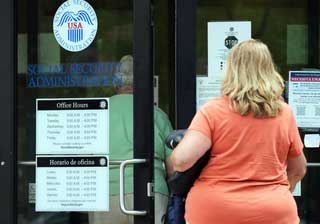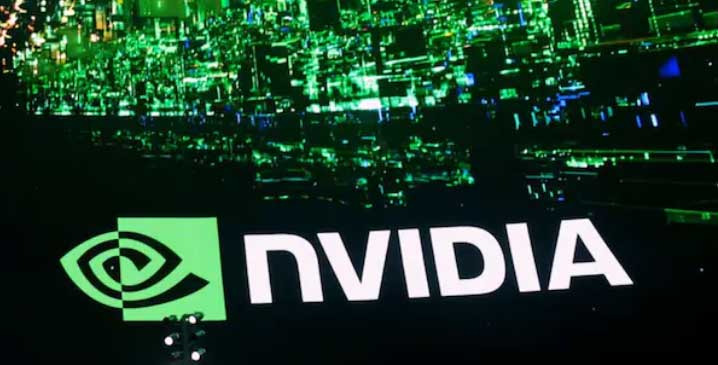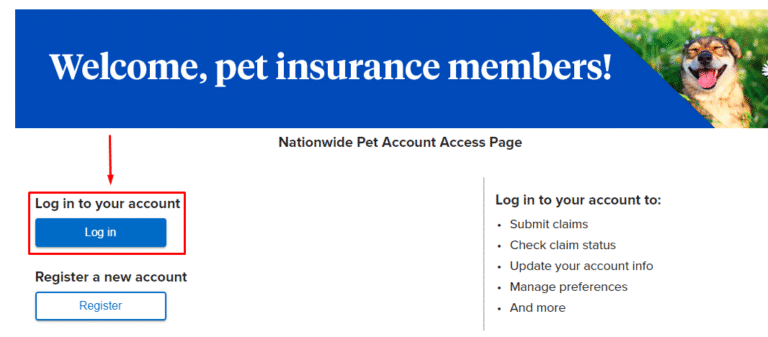Why Some Social Security Recipients Won’t Get Checks in November: USA
Over 7.4 million Americans who receive Supplemental Security Income (SSI) will not get a November check on the usual date because November 1st falls on a Saturday. Instead, they’ll receive their payment on Friday, October 31. This change is due to the Social Security Administration’s policy of moving payment dates to the preceding business day when the scheduled payment date falls on a weekend or holiday ¹.
Understanding the Payment Schedule
SSI recipients usually receive their benefits at the beginning of the month. However, when the first day of the month falls on a weekend or holiday, the payment is issued on the last business day of the preceding month. This is why SSI recipients will get two payments in November: one on October 31 and another on December 1, but then none in December for January’s payment, which will be issued on December 31.
Impact of Government Shutdown
Despite the ongoing government shutdown, Social Security and SSI payments will continue uninterrupted. These payments are considered mandatory spending and don’t require congressional approval. Millions of Americans rely on these benefits, and the SSA has confirmed that payments will be made as scheduled ¹.
Upcoming Payment Dates
Here are some key payment dates for SSI recipients:
- October 31, 2025: November payment (paid early due to weekend)
- December 1, 2025: December payment
- December 31, 2025: January 2026 payment
- January 30, 2026: February payment
- February 27, 2026: March payment
What to Do If Your Payment Doesn’t Arrive
If your payment doesn’t arrive on the scheduled date, you can:
- Check your bank account: Ensure that the payment has been processed correctly.
- Contact the SSA: Call 1-800-772-1213 (or TTY at 1-800-325-0778) between 8 a.m. and 7 p.m. on weekdays.
- Verify your information: Log in to your my Social Security account and ensure that your direct deposit information is up-to-date.
FAQs about Social Security and SSI Payments
Q: Why won’t some Social Security recipients get checks in November?
A: Over 7.4 million Americans receiving Supplemental Security Income (SSI) won’t get a November check on the usual date because November 1st falls on a Saturday. Instead, they’ll receive their payment on Friday, October 31.
Q: Will the government shutdown affect Social Security and SSI payments?
A: No, Social Security and SSI payments will continue uninterrupted despite the government shutdown. These payments are considered mandatory federal spending and don’t require congressional approval.
Q: What are the upcoming payment dates for SSI recipients?
A: Here are the payment dates for SSI recipients:
- October 31, 2025: November payment (paid early due to weekend)
- December 1, 2025: December payment
- December 31, 2025: January 2026 payment
Q: How much can I receive in SSI payments?
A: The maximum monthly federal SSI payment is $967 for individuals and $1,450 for couples in 2025. Payments vary based on income and resources.
Q: Can I receive both SSI and Social Security benefits?
A: Yes, it’s possible to receive both SSI and Social Security benefits. About 1.4 million people 65 and older receive both benefits. However, your SSI payment may be reduced by the amount of your Social Security benefit.
Q: How is the SSI payment amount calculated?
A: The SSI payment amount is calculated by subtracting your countable income from the maximum federal SSI payment. Countable income includes Social Security benefits, wages, and other income.
Q: What is the Cost-of-Living Adjustment (COLA) for 2026?
A: The estimated COLA for 2026 is 2.7% to 2.8%, which will be applied to Social Security benefits starting January 2026.
Conclusion
The Social Security Administration has announced that SSI recipients won’t receive checks on November 1st due to the weekend. Instead, they’ll get their payment on October 31. Despite the government shutdown, Social Security and SSI payments will continue as usual. If you’re an SSI recipient, make sure to plan accordingly and check your payment schedule to avoid any confusion.
Would you like to know mor
Would you like to know more about managing your Social Security benefits or accessing financial assistance programs?








